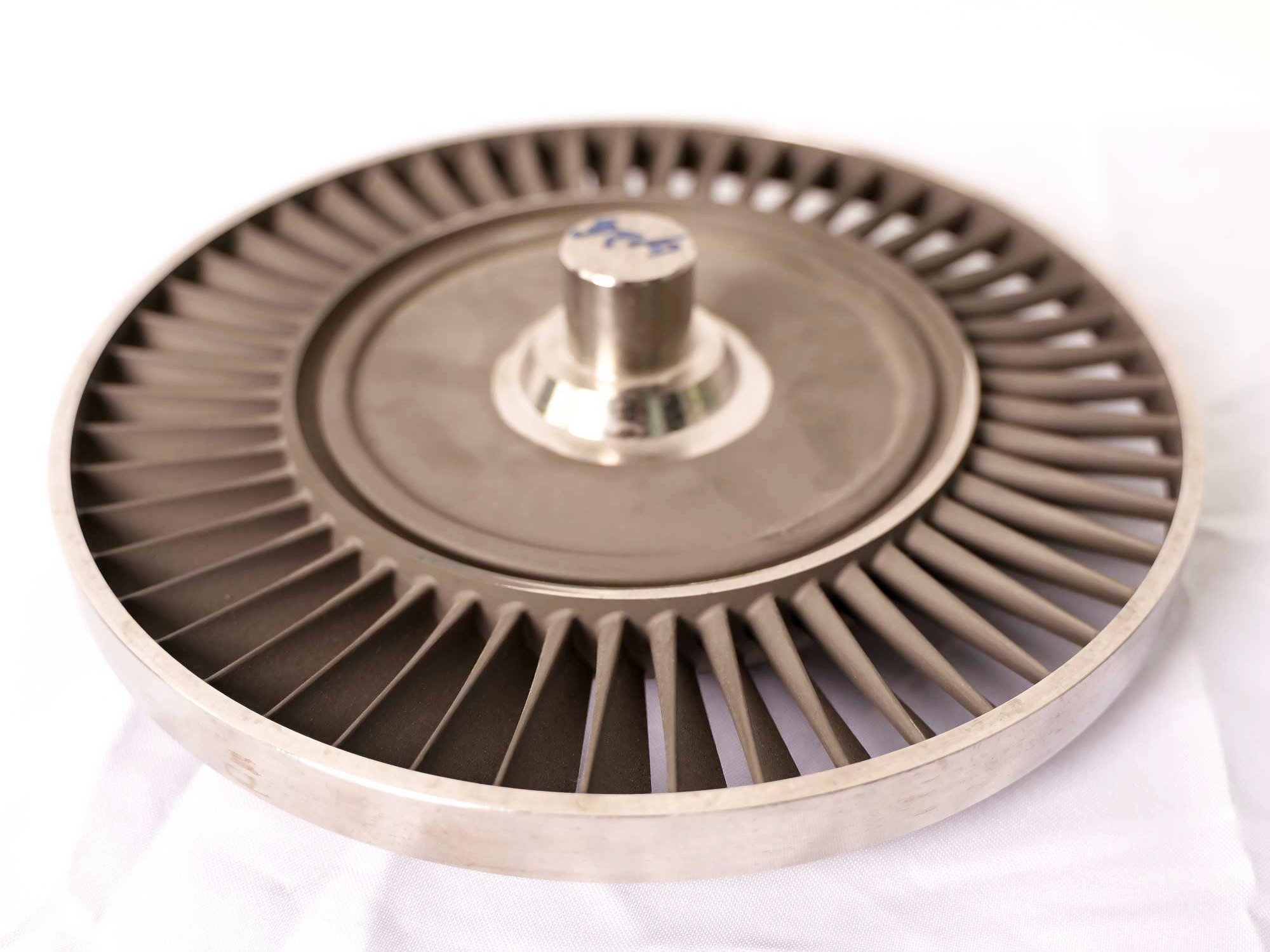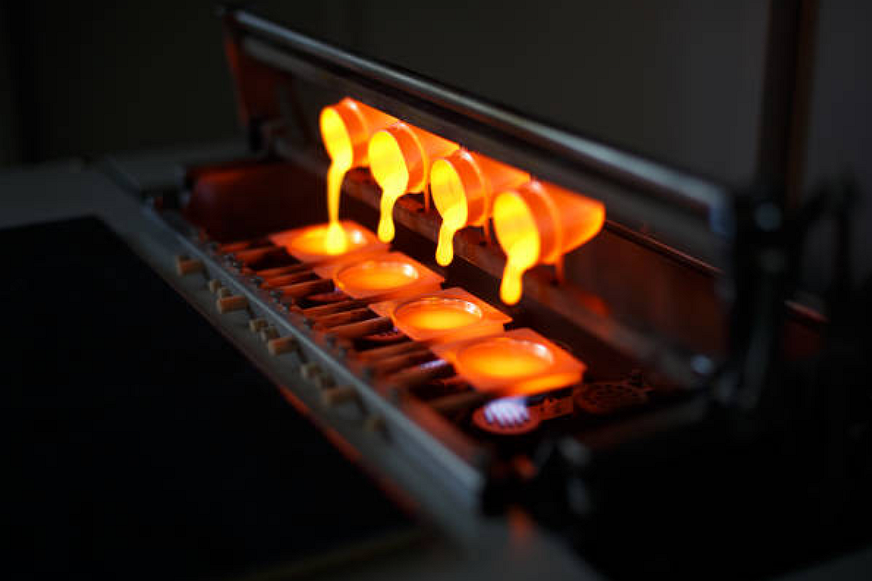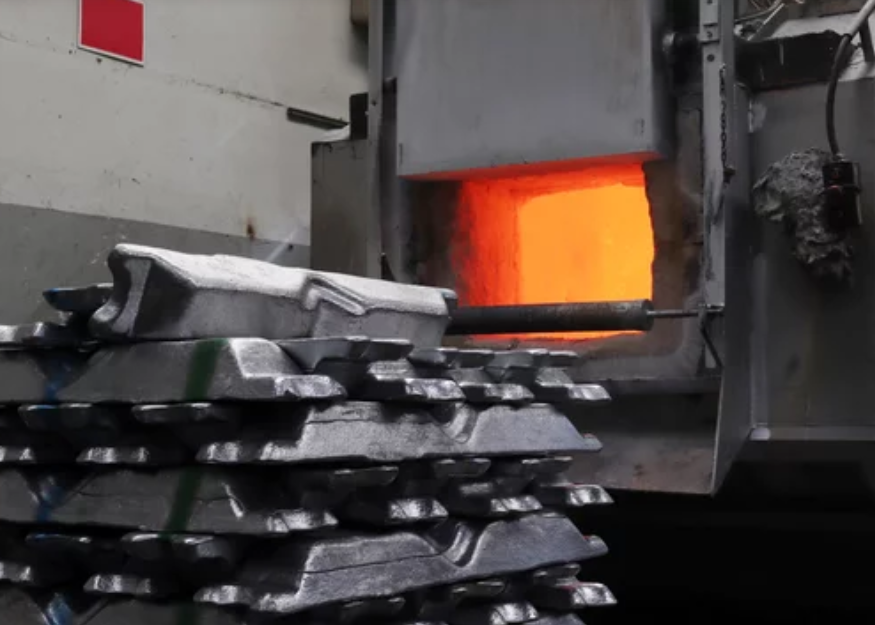What are the main challenges in achieving tight tolerances with investment casting?
Process Complexity and Dimensional Control
Achieving tight tolerances in investment casting requires managing numerous variables from pattern creation to final inspection. Each stage—wax pattern precision, mold shell uniformity, and metal solidification—introduces potential dimensional deviations. Thermal shrinkage during the transition from wax to ceramic to metal often leads to tolerance variation. Controlling these factors demands expertise in tooling design and process calibration, which Neway’s custom parts manufacturing service continuously optimizes.
Material Shrinkage and Alloy Behavior
Different casting materials exhibit unique behavior during solidification. For example, nickel-based alloys and cast stainless steel exhibit high shrinkage rates, making dimensional prediction complex. Advanced simulation tools are used to forecast these changes and refine gating systems. For high-temperature materials like cast titanium, the reactivity with ceramic molds adds another layer of difficulty, requiring vacuum or inert-gas casting to maintain precision.
Mold and Wax Pattern Stability
Precision depends heavily on the stability of wax patterns and ceramic shells. Any distortion before dewaxing or shell sintering will directly affect final geometry. Neway employs controlled-environment pattern production and fine-grain ceramic injection molding techniques to ensure mold integrity and repeatability.
Post-Casting Finishing and Inspection
Even after casting, achieving sub-millimeter precision often requires secondary operations. CNC machining prototyping refines critical surfaces, while polishing and heat treatment enhance dimensional stability and mechanical performance. Final verification through coordinate measuring machines (CMM) ensures compliance with aerospace and automotive standards.
Balancing Cost and Precision
Tight tolerances increase process control requirements, tooling cost, and inspection time. By integrating rapid prototyping and data-driven quality control, Neway minimizes dimensional variance while maintaining efficient and cost-competitive production.



